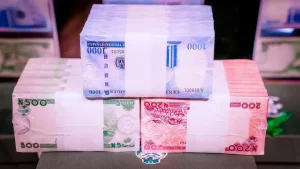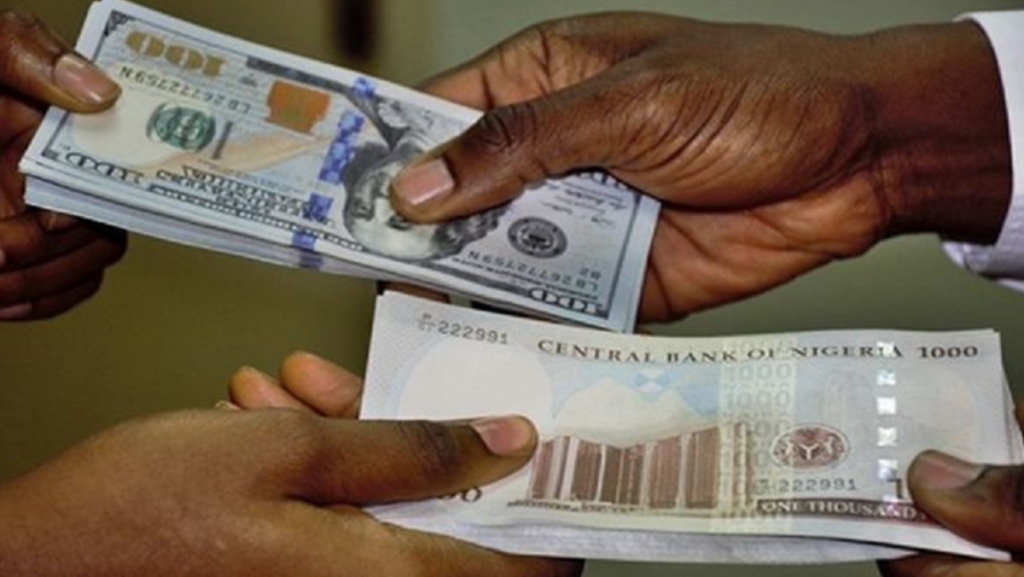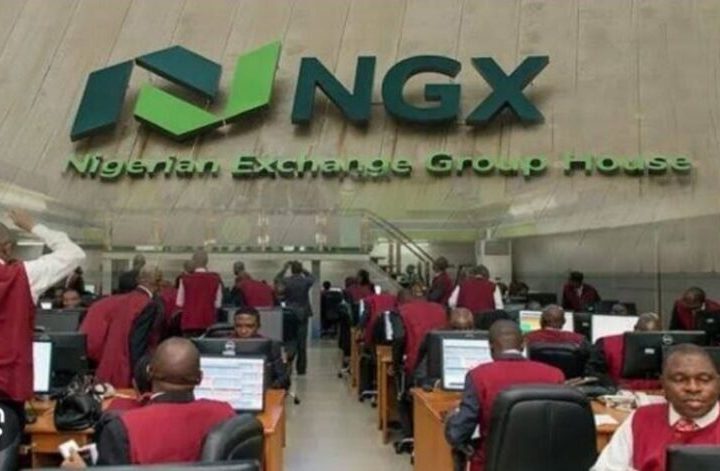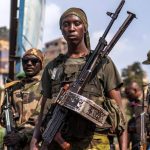The naira gained N30 in the black market by the end of the week, closing at N1,550 per dollar compared to N1,580 the previous week. The improvement comes as foreign exchange (FX) liquidity increased, offering hope for stability in Nigeria’s currency market.
In the official market, the naira remained stable, closing at N1,536.82 per dollar, a slight change from N1,536.89 the previous Friday. The recent appreciation is linked to improved inflows into the Nigerian Foreign Exchange Market (NFEM), which recorded US$1.19 billion in inflows last week, compared to US$1.10 billion the week before.
Join our WhatsApp ChannelStronger FX Liquidity Supports Naira
The increase in foreign exchange inflows has played a role in stabilising the naira. The Central Bank of Nigeria (CBN) contributed 39.85% of last week’s total FX inflows, while other sources included foreign portfolio investments (18.09%), non-bank corporates (23.81%), and exporters (15.67%).
READ ALSO: What Happens If NNPC Ends Naira-For-Crude? Risks, Alternatives
According to Aloysius Uche Ordu, a member of the Monetary Policy Committee (MPC), the naira has gained 13.6% against the dollar since November 2024. He attributes this to increased foreign investments, remittances, and improved exchange rate policies by the CBN.
“The naira’s appreciation is a result of higher oil revenue, increased diaspora remittances, and foreign investment inflows,” Ordu said. “These factors, along with better exchange rate management, have contributed to a stronger currency.”
Naira Performance Against Other Currencies
The naira remained stable against other major currencies in the black market:
-
Pound Sterling – N2,020
-
Euro – N1,690
-
Canadian Dollar – N1,150
-
Chinese Yuan – N215
While the black market saw an improvement, the official market witnessed some fluctuations. The naira depreciated slightly for three consecutive days before stabilising at N1,536.82 per dollar by the end of the week.
CBN’s Role in Exchange Rate Stability
The CBN has implemented measures aimed at stabilising the naira, including efforts to boost Nigeria’s foreign reserves. Ordu highlighted that Nigeria’s external reserves have remained strong, which has helped maintain investor confidence and ensure exchange rate stability.
“The CBN is increasing reserves through non-oil exports, diaspora remittances, and foreign investment inflows,” he noted. “This helps the economy absorb external shocks and provides a stable environment for businesses and consumers.”
The stability in the FX market has also led to reduced import costs, benefiting businesses and consumers. As confidence grows, experts believe the naira could continue to strengthen, provided that FX inflows remain steady.
Outlook for the Naira

Looking ahead, the performance of the naira will depend on multiple factors, including global oil prices, foreign investor interest, and monetary policies. The sustained inflow of foreign exchange is critical in ensuring that the recent gains are not temporary.
Ordu emphasised that stabilising oil prices and increased global demand for Nigerian crude have played a role in supporting FX inflows. If these trends continue, the naira could see further improvements in the coming months.
While the recent gains in the black market are encouraging, analysts caution that sustaining a strong naira requires consistent FX inflows and prudent economic policies. The CBN’s ongoing interventions will be crucial in determining the future trajectory of the naira.
The naira’s N30 gain in the black market has raised hopes for a more stable currency. Improved FX inflows, stronger foreign reserves, and better exchange rate management have contributed to this development. However, sustaining these gains will depend on continued policy effectiveness and economic stability.
For now, the naira’s performance in the coming weeks will be closely watched as Nigeria navigates its foreign exchange challenges.
Emmanuel Ochayi is a journalist. He is a graduate of the University of Lagos, School of first choice and the nations pride. Emmanuel is keen on exploring writing angles in different areas, including Business, climate change, politics, Education, and others.
- Emmanuel Ochayihttps://www.primebusiness.africa/author/ochayi/
- Emmanuel Ochayihttps://www.primebusiness.africa/author/ochayi/
- Emmanuel Ochayihttps://www.primebusiness.africa/author/ochayi/
- Emmanuel Ochayihttps://www.primebusiness.africa/author/ochayi/



















